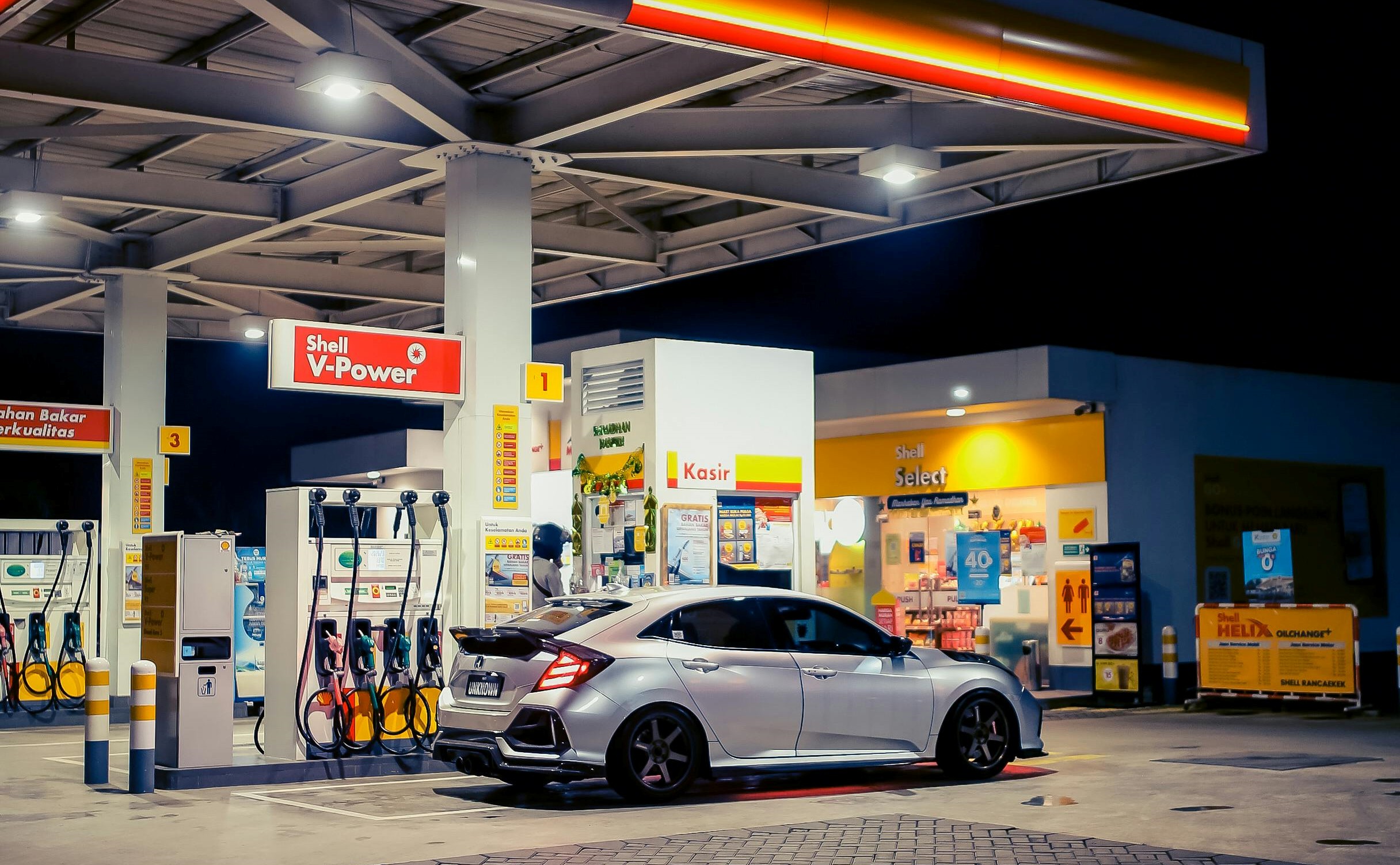
Brent crude's price decline and a stronger forint are driving a reduction in wholesale fuel prices. Continue reading

With the end of the Israel-Iran conflict, domestic and neighboring fuel prices began to fall after a temporary spike, and the government’s expectations were met in June, with Hungarian fuel prices once again becoming more favorable compared to neighboring countries, revealed the Ministry for National Economy.
Based on data from the Hungarian Central Statistical Office (KSH) for June, the monthly average price of 95 octane gasoline in Hungary was 591 forints (1.58 euros), 6 forints lower than the average of 597 forints (1.50 euros) in neighboring countries.
The summary compiled by KSH states that in the region,
Austria, Croatia, Serbia, and Slovakia had higher average gasoline prices in June than Hungary.
Compared to the previous month’s data, the average price of gasoline rose in all countries in the region.
In Romania and Slovenia, the average price of 95 octane gasoline was less than 5% lower than in Hungary, in the Czech Republic and Poland it was 5-10% lower, and in Bulgaria it was more than 15% lower.

95 octane gasoline prices in the region (June 2025). Source: KSH/energy.ec.europa.eu
The average domestic price of diesel was 590 forints (1.48 euros), while the average in neighboring countries was 596 forints (1.49 euros). Thus, compared to the population of neighboring countries, Hungarian families were able to fill up their tanks for less for both types of fuel, the Ministry pointed out.

Diesel prices in the region (June 2025). Source: KSH/energy.ec.europa.eu
The KSH summary provides a slightly more detailed insight by comparing countries separately. The average price of diesel in June exceeded the Hungarian price in Austria and Serbia, but was more than 15% lower in Bulgaria.
Compared to the previous month’s data, the average price of diesel rose in all countries in the region except Slovenia, with the largest increase of 16 forints (0.040 euros) seen in Austria.
According to the Ministry’s statement, the government remains committed to ensuring that Hungarian families and domestic businesses encounter competitive and predictable fuel prices at petrol stations. With the interests of the Hungarian people in mind, the government is holding regular consultations with fuel retailers and is doing everything in its power to maintain price stability and reduce the burden on families and businesses, they wrote.
The Ministry emphasized that the government’s expectation remains unchanged that the Hungarian population should have access to fuel at prices that are favorable compared to neighboring countries. The Ministry for National Economy is constantly monitoring international market developments and price trends, and remains ready to take action if necessary to protect families and the economy, they concluded.
Via MTI, KSH; Featured image: Pexels